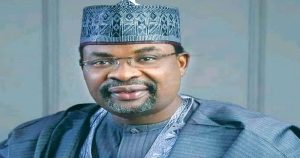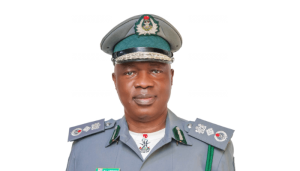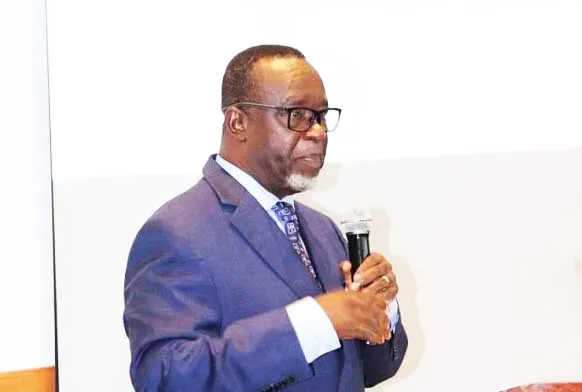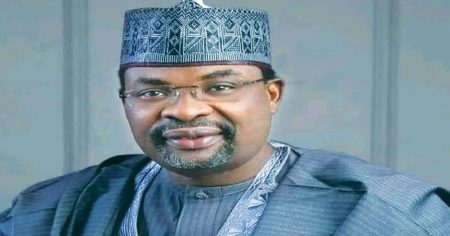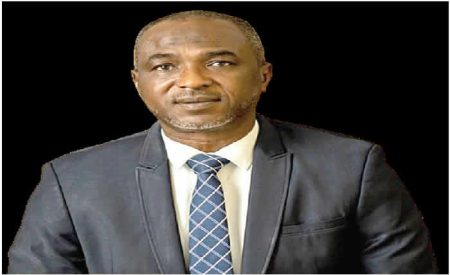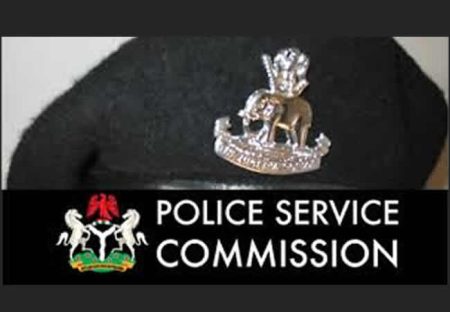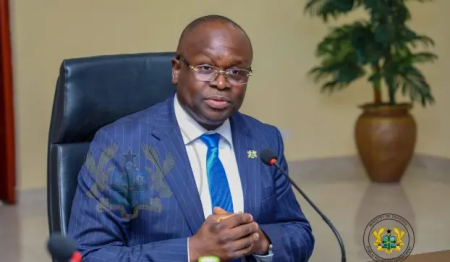Justice Paul Baffoe-Bonnie, Acting Chief Justice of Ghana, has delivered a potent indictment of the legal profession in Ghana, expressing deep concern over what he perceives as a worrying escalation in ethical breaches by legal practitioners. His remarks, delivered during the commissioning of a new Moot Court facility at the University of Professional Studies, Accra (UPSA) Law School, painted a stark picture of a profession grappling with a crisis of integrity. He emphasized the national embarrassment caused by these transgressions, suggesting that the misconduct undermines public trust in the legal system and casts a shadow over the entire nation. His words serve as a wake-up call to the legal community and the broader public, urging immediate action to address this erosion of ethical standards.
Justice Baffoe-Bonnie’s critique went beyond mere observation. He highlighted the tangible impact of these ethical lapses, drawing a parallel between the dismay one feels at students dressing inappropriately and the bewilderment at how lawyers, supposedly trained in the highest standards of conduct, could engage in such reprehensible behavior. This comparison underscores the disconnect between the expected professional demeanor and the reality of misconduct, implying a failure in the formation and regulation of legal practitioners. He questioned the efficacy of legal education and the regulatory mechanisms that seemingly allow such individuals to practice law, casting doubt on the very processes designed to uphold integrity within the profession.
The Acting Chief Justice, also serving as Chairman of the Disciplinary Committee of the General Legal Council, provided further insight into the pervasiveness of the problem. He revealed that the Committee is overwhelmed by the sheer volume of cases involving serious ethical violations, ranging from minor infractions to egregious offenses. This deluge of disciplinary cases suggests a systemic issue within the legal profession, indicating that ethical breaches are not isolated incidents but rather a widespread phenomenon requiring urgent attention. The sheer number of cases before the Committee paints a troubling picture of a profession struggling to maintain its ethical foundation.
To illustrate the severity of the situation, Justice Baffoe-Bonnie cited a particularly disturbing case involving a lawyer accused of stealing a mobile phone from a colleague within the Tema Court premises. This incident, currently under investigation by the General Legal Council, epitomizes the depth of the ethical crisis facing the legal profession. Such blatant disregard for professional conduct, occurring within the very halls of justice, strikes at the heart of the legal system’s integrity. It underscores the need for robust mechanisms to detect, investigate, and punish such behavior, thereby restoring public confidence in the legal process.
The timing of Justice Baffoe-Bonnie’s remarks is particularly significant, coinciding with a period of heightened scrutiny of legal institutions in Ghana. Public trust in the justice system is already under strain, with growing demands for greater accountability and adherence to higher professional standards. His comments, therefore, resonate with a broader public discourse on the integrity of the legal profession and the need for comprehensive reform. The call for higher ethical standards comes amid a backdrop of public concern regarding the fairness and impartiality of the legal system, further emphasizing the urgency of addressing these issues.
Justice Baffoe-Bonnie’s critique serves as a potent call to action for all stakeholders in the legal profession. He challenges legal educators to re-evaluate their curricula and pedagogical approaches, ensuring that ethical training is not merely theoretical but deeply ingrained in the professional development of future lawyers. He implicitly calls upon practicing lawyers to uphold the highest ethical standards, emphasizing the importance of personal responsibility in restoring the profession’s credibility. Finally, he urges regulatory bodies, such as the General Legal Council, to strengthen their oversight and enforcement mechanisms, ensuring that ethical violations are met with swift and appropriate sanctions. His message is clear: rebuilding trust in the legal profession requires a concerted effort from all involved.


